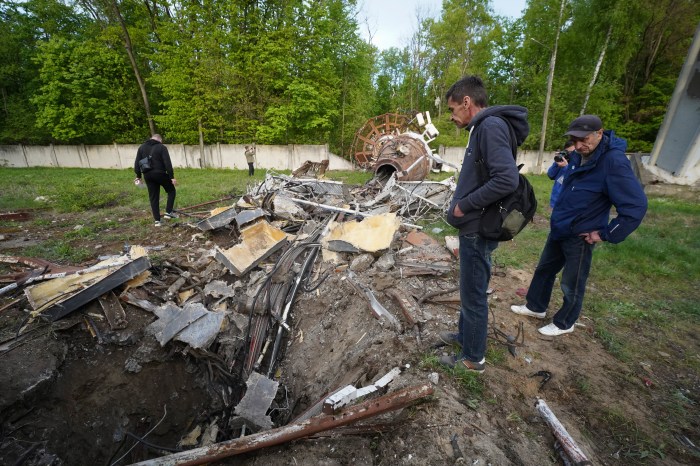One thing that you will never get from attending a college or university is their guarantee that you will find employment when you finally obtain your degree. It’s a cold hard truth that can be crushing if you are not prepared for that harsh reality when you enter the real world. But, many schools are pivoting their curriculums to focus on networking possibilities in specified fields, so that students can gain enough meaning full hands-on experience along with valuable connections to get into the workforce right away. This is exactly what the Allied Healthcare Pipeline Program at Hostos Community College plans to do with students looking to find employment in the Healthcare industry.
Hostos Community College – Allied Healthcare Pipeline Program
Hostos understands that with the average age increasing in our country, Healthcare has become the fastest growing industry simply out of supply and demand. So why not prepare students to fill those needed positions? Over a five-year and absolutely free program, students will be trained to become Community Health Workers (CHWs), Health Information Technicians (HITs), Home Health Aides (HHAs), Patient Care Technicians (PCTs), and New York State Certified Nurse Assistants (CNAs). The program also provides individuals who have not earned a high school diploma the chance to earn a health-centric equivalent TASC exam that will give employers a suitable alternative when they are reviewing their resumes.
The program is geared toward helping students gain employment, rather than simply passing their courses. So, with that, the program will provide students with the tools they will need to stay on track. “The unique component and what Allied Health Career Pipeline Program is is that it comes with comprehensive support services,” explains Evelyn A. Fernandez-Ketcham, Executive Director of Workforce Development at Hostos Community College. “What that means is that individuals get assigned a case manager. They’re provided with MetroCards for transportation and childcare for those that need it. There is follow through upon completion of the course and passing the test and getting the certification to transition folks into employment.”
The program partners with many different employers near the Hostos Community College location in the South Bronx so that students will gain first-hand training for the positions that they are learning about. According to Fernandez-Ketcham, employers are just as excited about the prospect of helping these trainees learn on the job as the students are to learn.
“The employers are engaged,” says Fernandez-Ketcham. Adding “We have employers that are a part of our business advisory council. They meet with us on a quarterly basis. The goal is that for the healthcare component courses is that they will provide clinicals. Clinicals are similar to internships, but it’s really to prepare students and give them the practical skills [they’ll need]. What we’ve learned over time is that students need that to build their resumes. Employers give us feedback on our curriculum and come in as speakers. Though not everyone gets jobs at the end, although most do, at least they’re involved in the curriculum development so it’s no longer us telling the students what it is the employers are looking for in a potential candidate. Then a student’s resume is built once they’ve completed not only the occupational training program but also the clinical part. They are able to put that they have participated in a clinical that has given them the hands-on and practical experience and they’re more likely to get hired.”



















